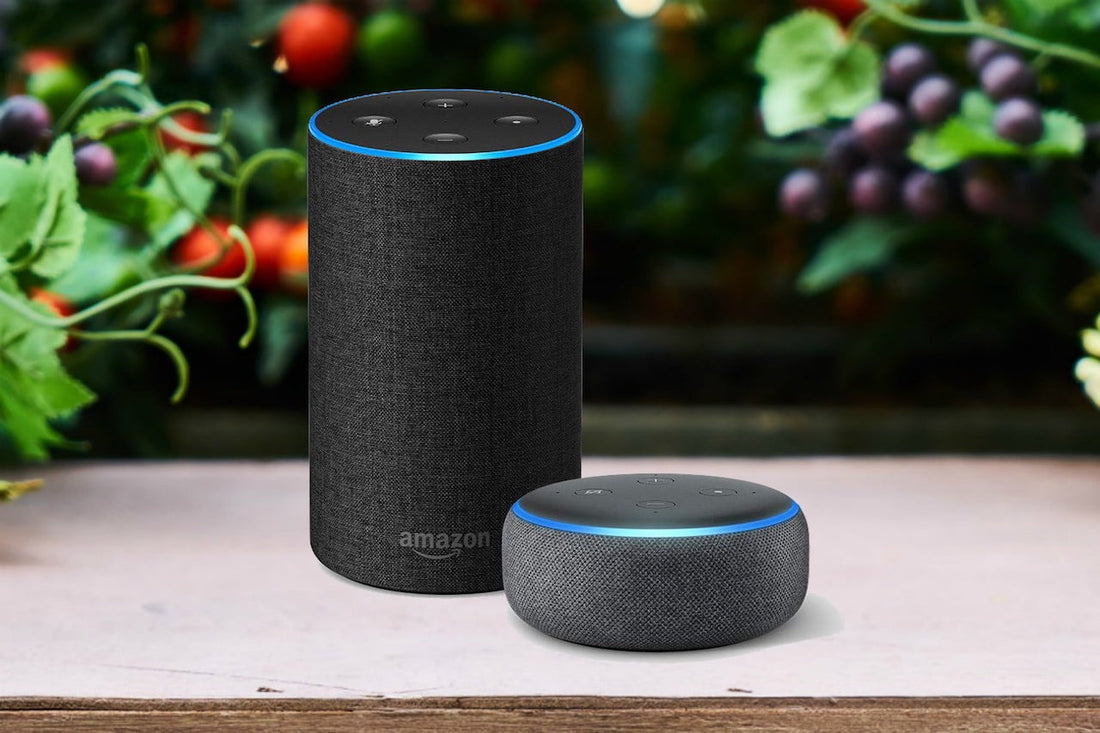
Future Smart Gadgets: Innovation That Solves Real Problems
Share
This article explores how the latest smart devices are going beyond convenience to make life easier, safer, and more efficient.
The smart gadget revolution, which began with devices like the Apple Watch and Amazon Alexa, is just the beginning. As we stand at the threshold of a new technological era, these pioneering devices have laid the groundwork for a future where intelligence permeates every aspect of our daily lives.
From Reactive to Predictive Intelligence
Today's smart gadgets respond to our commands and track our activities, but tomorrow's devices will anticipate our needs before we even realize them. The Apple Watch already hints at this future with its ability to detect irregular heart rhythms and predict falls. The next generation will go even further, utilizing advanced machine learning to comprehend patterns in our behavior, health, and environment.
Imagine smart contact lenses that monitor glucose levels in real-time, or clothing embedded with sensors that track posture and muscle fatigue throughout the day. These devices won't just collect data—they'll provide actionable insights and interventions precisely when needed.
The Ambient Computing Revolution
Amazon Alexa demonstrated the power of voice interfaces, but the future lies in ambient computing, where technology becomes invisible. Smart surfaces will replace dedicated devices, with any wall, table, or mirror potentially serving as an interactive interface. Your kitchen counter might display recipes while you cook, your bathroom mirror could show your daily schedule during your morning routine, and your car's windshield might overlay navigation information directly onto the road ahead.
This shift toward ambient intelligence means we'll interact with technology more naturally, using gestures, eye movements, and even brain signals rather than tapping screens or speaking wake words.
Health and Wellness Integration
The convergence of smart gadgets with healthcare represents one of the most promising frontiers in the industry. Building on the foundation laid by fitness trackers and smartwatches, future devices will offer comprehensive health monitoring that rivals professional medical equipment.
Smart home environments will continuously monitor air quality, lighting, and acoustics to optimize our well-being. Bathroom fixtures will analyze biological samples, kitchen appliances will track nutritional intake, and bedroom sensors will optimize sleep cycles. This holistic approach to health monitoring will enable early detection of diseases and personalized interventions that could revolutionize preventive medicine.
The Internet of Everything
While smart speakers like Alexa connected our homes to the internet, the future will see every object becoming intelligent and connected. Smart packaging will track food freshness and automatically reorder groceries. Clothing will adapt to weather conditions and personal preferences. Even traditionally "dumb" objects like keys, wallets, and jewelry will gain intelligence.
This hyperconnected world will require new approaches to data privacy and security. Advanced encryption and edge computing will ensure that our most personal information stays protected while still enabling the seamless experiences we'll come to expect.
Sustainable and Ethical Innovation
The next wave of smart gadgets will prioritize sustainability from the ground up. Solar-powered devices, biodegradable materials, and circular design principles will become standard. Companies will focus on creating devices that last longer, consume less energy, and can be easily recycled or repurposed.
Ethical considerations around AI bias, data ownership, and digital equity will shape how these technologies are developed and deployed. The most successful smart gadget ecosystems will be those that put user agency and privacy at their core.
Challenges and Opportunities Ahead
The path forward isn't without obstacles. Interoperability between different manufacturers' devices remains a significant challenge. Battery technology needs to advance to support always-on intelligence without frequent charging. Privacy concerns must be addressed as devices become more pervasive and data collection more comprehensive.
However, these challenges also represent opportunities for innovation. Breakthrough battery technologies, new materials science, and advances in AI efficiency will drive the next generation of smart gadgets.
A Glimpse Into Tomorrow
Looking ahead, we can envision a world where the distinction between digital and physical experiences disappears entirely. Smart gadgets will become so integrated into our environment that we'll stop thinking of them as separate devices at all. Instead, intelligence will be woven into the fabric of our daily lives, enhancing human capabilities without demanding our constant attention.
The Apple Watch taught us that we want technology that complements our lives rather than dominates them. Amazon Alexa showed us the power of natural language interfaces. Building on these lessons, the future of smart gadgets promises to be more intuitive, more helpful, and more human than ever before.
As we move toward this connected future, the most exciting developments won't just be about what our gadgets can do, but how seamlessly they can disappear into the background while making our lives better, healthier, and more fulfilling.
